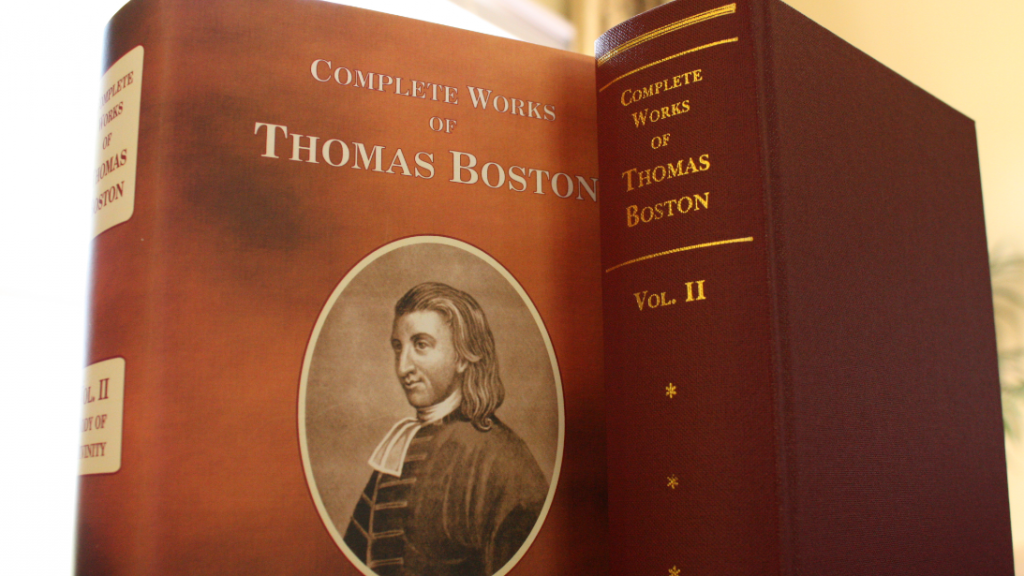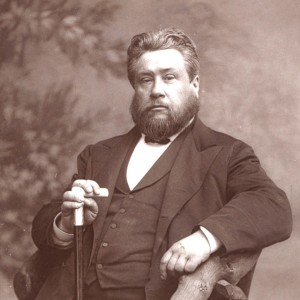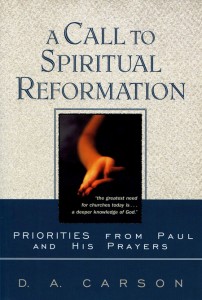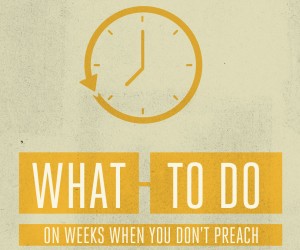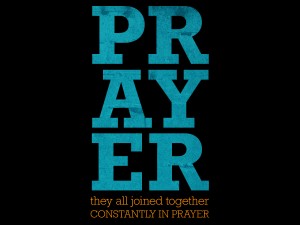In one of the most helpful books on striving against Satan, Precious Remedies Against Satan’s Devices, Thomas Brooks laid out ten special helps for fighting the enemy. Special help number ten is, “If you would not be taken in any of Satan’s snares, then be much in prayer.”
Ephesians 6:18 is perhaps the most comprehensive one-verse statement on prayer in the Bible. Paul says, “[Pray] at all times in the Spirit, with all prayer and supplication. To that end keep alert with all perseverance, making supplication for all the saints.” Four adverbs show the apostle’s comprehensiveness:
- Pray constantly, we are to pray at all times.
- Pray diversely, we are to pray with all prayer and supplication.
- Pray persistently, we are to pray with all perseverance.
- Pray universally, we are to pray for all the saints.
In this post I want to focus on what is means to pray persistently, what Paul intends when he says, “To that end keep alert with all perseverance . . .”
PERSISTENT PRAYER
What we have here is a statement of means, in other words, “What will enable us to pray constantly and diversely?” Alert persistence. In our prayers we are encouraged to keep alert – ἀγρυπνοῦντες. The word has the basic meaning of staying awake and was used of shepherds staying awake at night to watch their sheep, because of the presence of wolves and other wild beasts that threatened the flock. The church grows and is built on territory surrounded by the enemy, thus we must keep alert with all perseverance. The enemy knows prayer is a missile of profound effectiveness, thus he must war against it.
In Ephesians 6:11 we were told that Satan’s schemes against the church and here Paul is reminding us to pay attention in our praying, for Satan will scheme against it. Satan seems to use three particular schemes in an effort to keep you from praying.
SATAN’S 3 SCHEMES AGAINST PRAYER
Satan schemes to keep you from prayer. He will tempt you in a condemning tone, “What you pray? Could such a hypocrite like you pray to God and be heard?” Praise the Lord that He delights in the prayers of his often hypocritical and sinful children, should they be offered through the intercession of Christ Jesus. Satan may also suggest that you don’t have the gift of prayer, so just leave prayer up to the “prayer warriors.” Remember that prayer is no mere suggestion in Scripture; it is a command for all the children of God. Satan will suggest various excuses to put prayer off, “This isn’t a good time for prayer, too much distraction. Just wait for complete silence and solitude to pray.” We know all too well don’t we that our life is filled with things to excuse us away from the duty and glory of prayer. Satan will scheme to keep you from praying, but if you resist his first stratagem, he employs a second.
Satan schemes to interrupt your prayer. We all are quite familiar with device, aren’t we? He will tempt us unto wandering, vain, or even sinful thoughts as our knee is bowed and encourage us to purse the aimless thought thereby diverting us from the path of powerful prayer. Thus, a single-minded and holy focus is needed in the moment of prayer. Aim to bow the knee in awe and reverence before the majesty of our great God who hears prayer. Let us come into his presence with all our attention and affection devoted to the King of Kings and Lord of Lords. Should you resist his second scheme, he will come with a third.
Satan schemes to hinder the success of prayer. Scripture tells us to pray in faith and according to the will of God. Therefore, Satan will tempt you to doubt and unbelief as you make your requests to God. He also schemes to have us pray in accord with our own will in contradiction to the will we are supposed to pray in, God’s will. Let us pray with faith clinging to promise that God hears the faithful cries of His children. Let us pray according to God’s desires as laid before us in His Word. Let us focus our prayer on what He says we need, should desire, and should ask for.
Satan knows it is a powerful weapon to stand firm against his attack, so he will scheme against prayer. Yet, do not grow wary or weary of prayer knowing that the enemy will oppose your praying. Take it is a wonderful and glorious sign of grace for if Satan schemes against your prayer it is because he knows that you are a child of God and God hears His children who desire to assault the kingdom of darkness. The means to prayer constantly and diversely is to keep alert with all perseverance.
Pray persistently.


